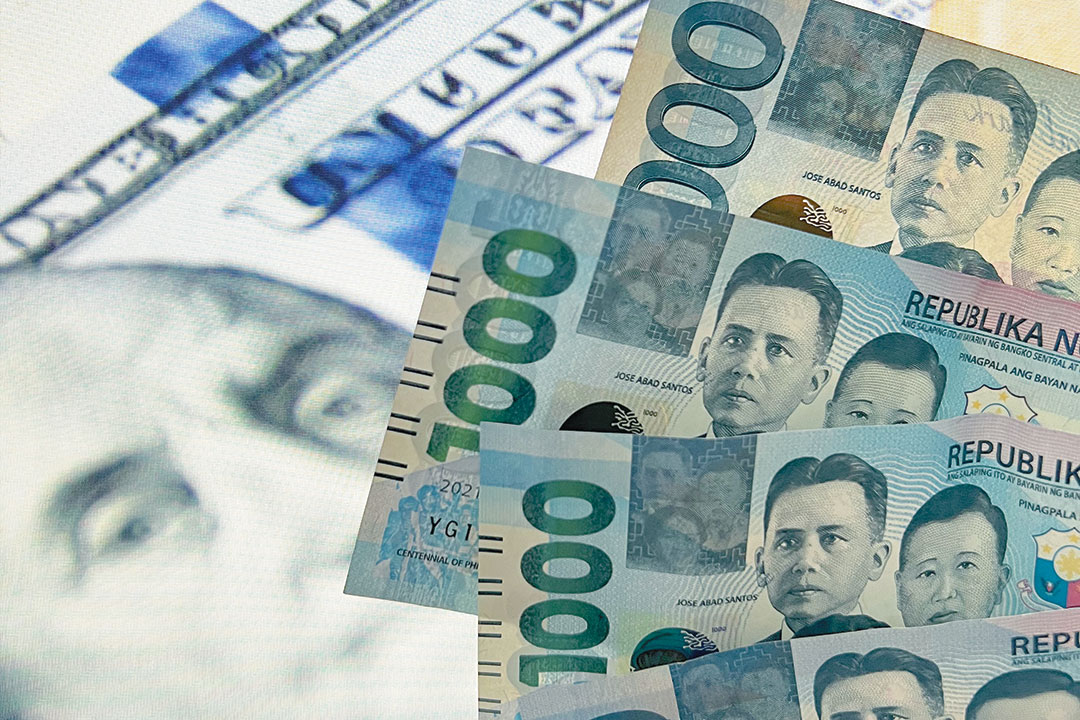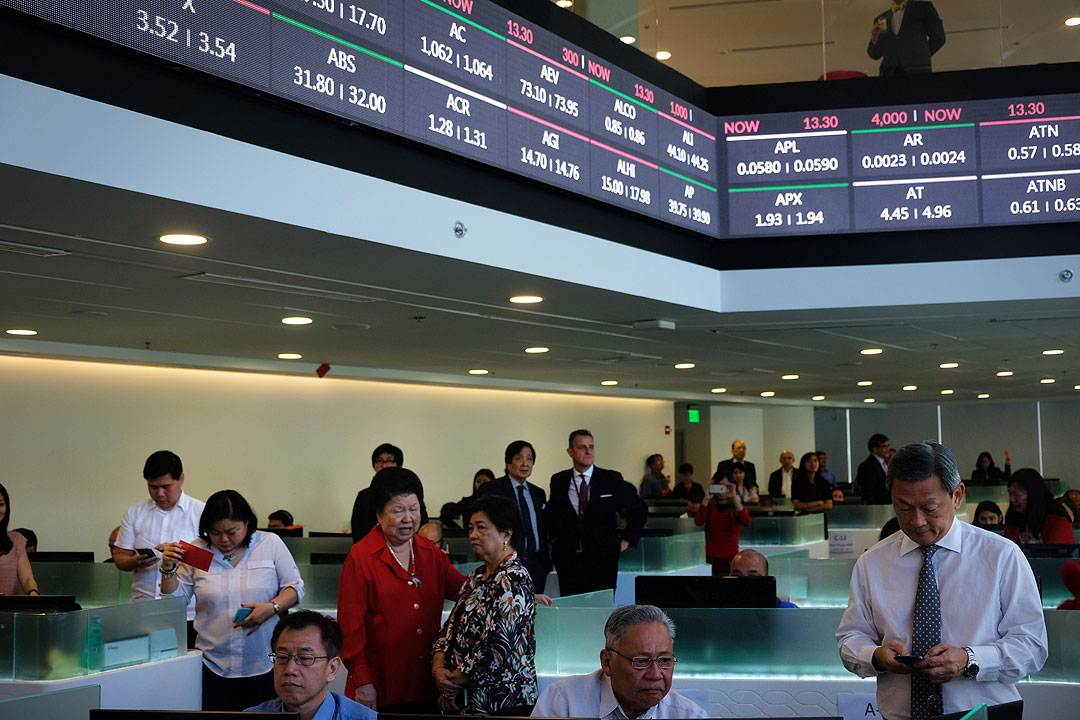
Upgrade to High-Speed Internet for only ₱1499/month!
Enjoy up to 100 Mbps fiber broadband, perfect for browsing, streaming, and gaming.
Visit Suniway.ph to learn
President Ferdinand Marcos Jr. presides over a Cabinet meeting at the Malacañang Palace in December 2022.
Office of the Press Secretary
The British Chamber of Commerce Philippines (BCCP) recognized the recent cabinet reorganization of President Ferdinand Marcos Jr. as a reasonable move, halfway through its term, that could reinforce a whole-of-government approach towards economic growth.
The retention of the economic team also signals continuity of economic policies and opportunity for reforms.
In an interview, BCCP Executive Chairman Chris Nelson noted that, “Revamping his cabinet at this halfway stage is understandable. What we are looking for is both continuity and how we can get key legislation passed.”
Nelson also commended the retention of economic managers which the Chamber has consistently worked with on multiple areas such as trade, cybersecurity, financial services, inflation, food and security, among others
“We have worked closely with a number of those cabinet secretaries. We have had meetings with DOF Secretary Recto, DTI Secretary Roque, and NEDA Secretary Balisacan. If you see some of the key successes, one of the challenges of the Philippines has been inflation, and inflation is coming down and I also want to give significant credit to Secretary Recto and others involved in that,” Nelson said.
Inflation rate eased to 1.4% in April 2025, the lowest recorded figure since November 2019 with food inflation easing at 0.7%.
The Chamber has actively advocated for food security and managing inflation through its work with the Philippine and UK government as well as the UK Agriculture and Horticulture Development Board (AHDB) to support the growing British meat exports in the Philippines valued at £36.5 million.
Meanwhile, the Philippines’ GDP growth rate at 5.4%, despite a slight lag, remains a competitive figure in the region, with the country remaining to be the second-fastest growing economy.
Nelson also remains optimistic about the recent statement of the Bangko Sentral ng Pilipinas (BSP) for the possibility of two rate cuts this year, signalling an optimistic business environment for foreign companies.
Nelson also expressed support for significant reforms and key legislation that could further boost the country’s foreign direct investments, particularly, E-Governance Act, Cybersecurity Act, and the Open Access in Data Transmission Act.
This, along with other initiatives of the government could improve the overall ease of doing business in the country, with Nelson noting that, “It’s about passing legislation, it’s about moving the economy, and getting the growth rate up to 6% or more.”

 1 week ago
37
1 week ago
37



